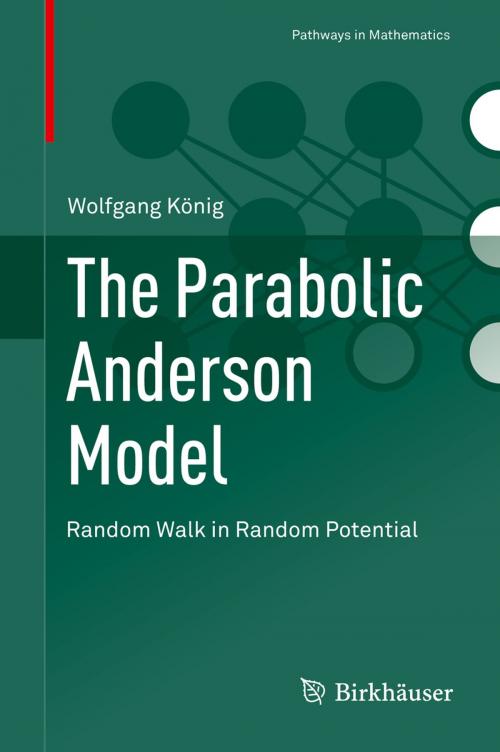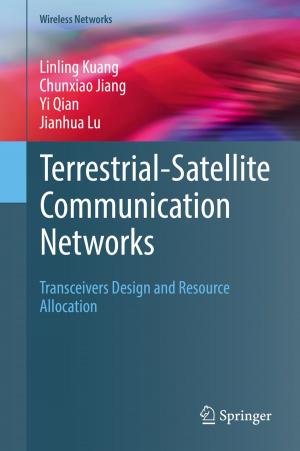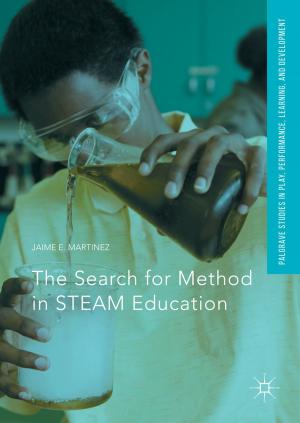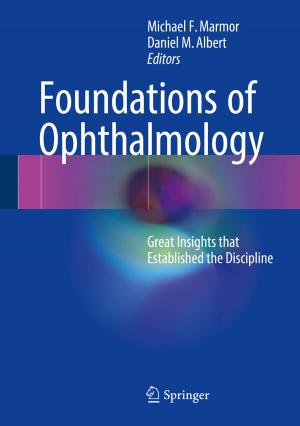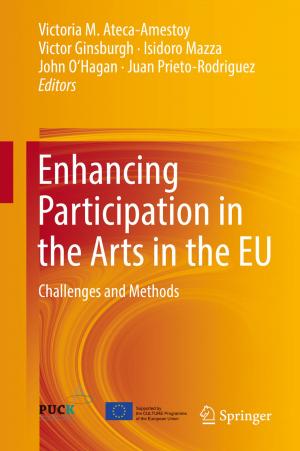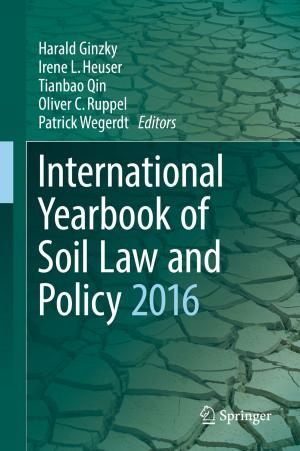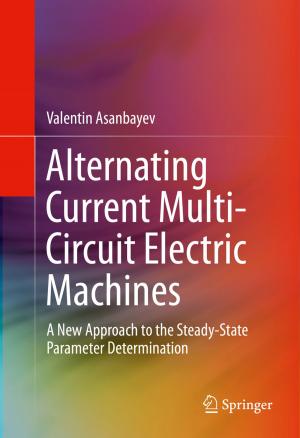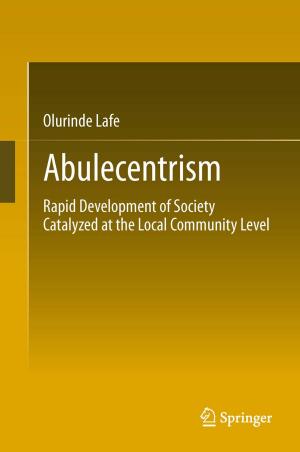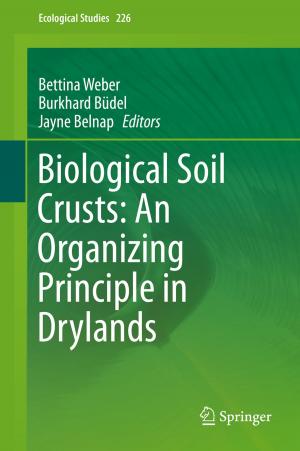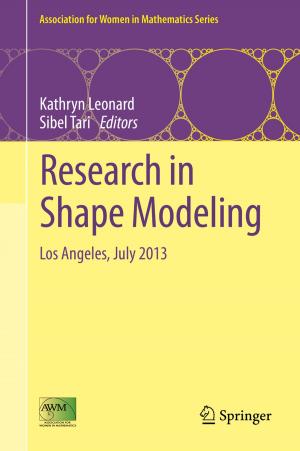The Parabolic Anderson Model
Random Walk in Random Potential
Nonfiction, Science & Nature, Mathematics, Applied, Statistics| Author: | Wolfgang König | ISBN: | 9783319335964 |
| Publisher: | Springer International Publishing | Publication: | June 30, 2016 |
| Imprint: | Birkhäuser | Language: | English |
| Author: | Wolfgang König |
| ISBN: | 9783319335964 |
| Publisher: | Springer International Publishing |
| Publication: | June 30, 2016 |
| Imprint: | Birkhäuser |
| Language: | English |
This is a comprehensive survey on the research on the parabolic Anderson model – the heat equation with random potential or the random walk in random potential – of the years 1990 – 2015. The investigation of this model requires a combination of tools from probability (large deviations, extreme-value theory, e.g.) and analysis (spectral theory for the Laplace operator with potential, variational analysis, e.g.). We explain the background, the applications, the questions and the connections with other models and formulate the most relevant results on the long-time behavior of the solution, like quenched and annealed asymptotics for the total mass, intermittency, confinement and concentration properties and mass flow. Furthermore, we explain the most successful proof methods and give a list of open research problems. Proofs are not detailed, but concisely outlined and commented; the formulations of some theorems are slightly simplified for better comprehension.
This is a comprehensive survey on the research on the parabolic Anderson model – the heat equation with random potential or the random walk in random potential – of the years 1990 – 2015. The investigation of this model requires a combination of tools from probability (large deviations, extreme-value theory, e.g.) and analysis (spectral theory for the Laplace operator with potential, variational analysis, e.g.). We explain the background, the applications, the questions and the connections with other models and formulate the most relevant results on the long-time behavior of the solution, like quenched and annealed asymptotics for the total mass, intermittency, confinement and concentration properties and mass flow. Furthermore, we explain the most successful proof methods and give a list of open research problems. Proofs are not detailed, but concisely outlined and commented; the formulations of some theorems are slightly simplified for better comprehension.
